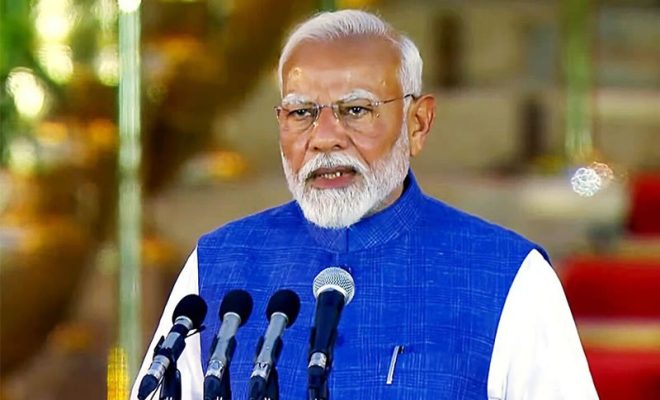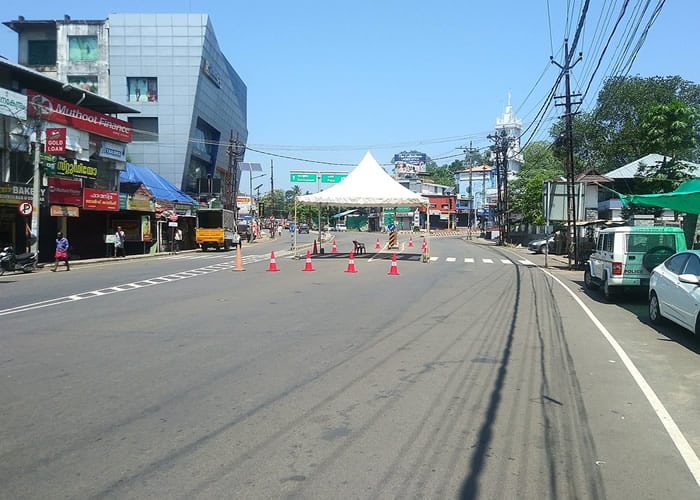Modi 3.0: How Coalition and Opposition Influence India’s Foreign Policy

Last updated on June 13th, 2024 at 08:16 pm
In the 3rd term of the Indian federal government, diplomat S Jaishankar continued as the Minister of External Affairs in the NDA’s Modi Government 3.0. Over the past decade, India has seen significant changes in its foreign policy, from dealing with Pakistan and cross-border terrorism to handling territorial disputes with China in the Karakoram Range. The country has also shown resilience against financial sanctions, such as continuing trade with Russia during the Ukraine war.
India gained an appreciable reputation in international relations because of a strong and stable government. Since they were rapidly making and implementing rules to secure national interests.
PM Modi’s Upcoming Foreign Visits
The swearing-in ceremony of PM Modi was on June 9th and now Modi is ready to initiate changes in the new government. PM Modi is set to attend the G7 Summit in Italy from June 13-15, followed by the Global Peace Summit in Switzerland on June 15-16 to discuss security issues related to the Russia-Ukraine conflict.
After these visits, US National Security Adviser Jake Sullivan will visit India on June 17 to discuss technology transfers and Indian PM Modi will participate in the Shanghai Cooperation Organisation (SCO) Summit next month in Kazakhstan, where he might meet leaders from Pakistan and China.
Also Read | Modi 3.0 Cabinet Update: Continuity and Charges in Key Portfolios
Coalition Politics and Foreign Policy
Now, after two terms where the BJP ruled without the consent of any third party, the question is, will the alliance in Modi 3.0 influence the government’s policy, especially the foreign policy?
Experts indicate that there won’t be significant changes in foreign policy, as the BJP’s coalition partners are more concerned with domestic issues only so we can see there will be some disputes in internal issues only.
Though apart from partners BJP will face another challenge from the Opposition.
In the 18th Lok Sabha INDIA alliance has formed a strong opposition with 234 seats. This increased strength means the NDA will need to engage more in parliamentary debates and possibly make changes on foreign policy, especially regarding contentious issues like China.
As we remember in the history of India foreign policy has sometimes been adjusted under parliamentary pressure, even under coalition governments.
Coalition governments in India have previously had to alter their foreign policy approaches due to internal and external pressures. For instance, the Vajpayee government had to condemn US military action in Iraq due to parliamentary insistence, and the Manmohan Singh government narrowly survived a no-confidence motion over the US-India nuclear deal. Even majority governments have faced significant opposition pressure, such as Nehru’s government after the 1962 Sino-Indian War.



